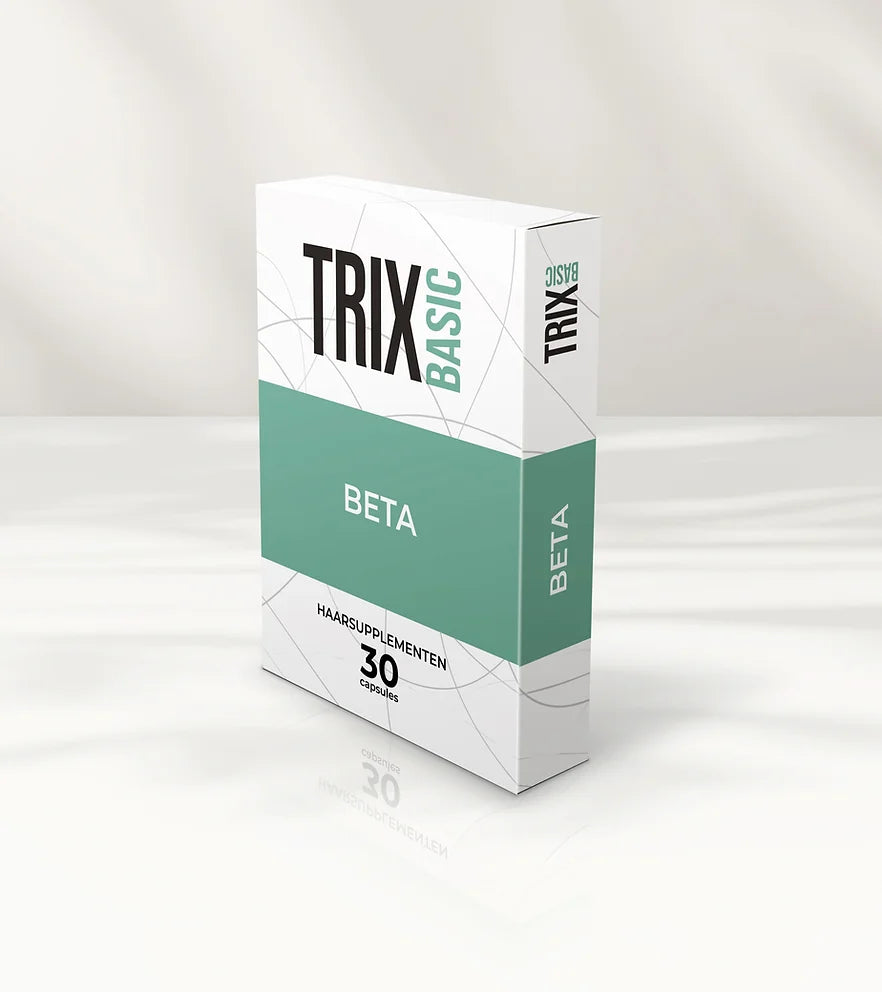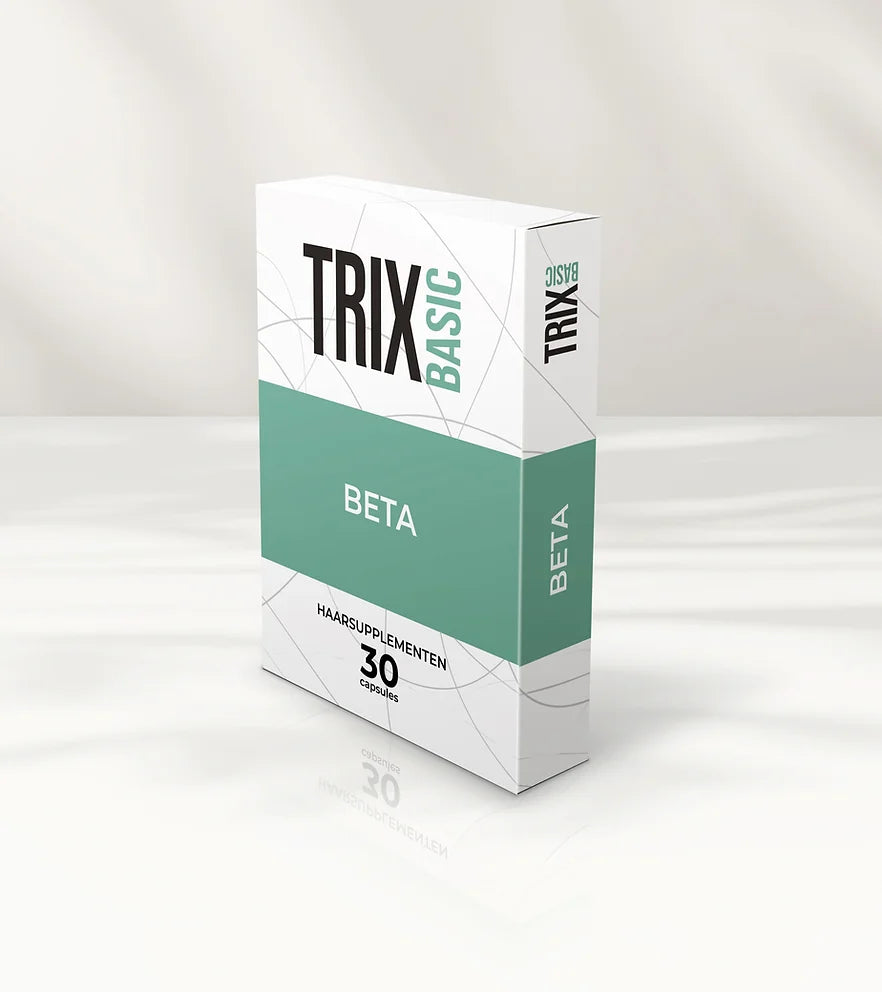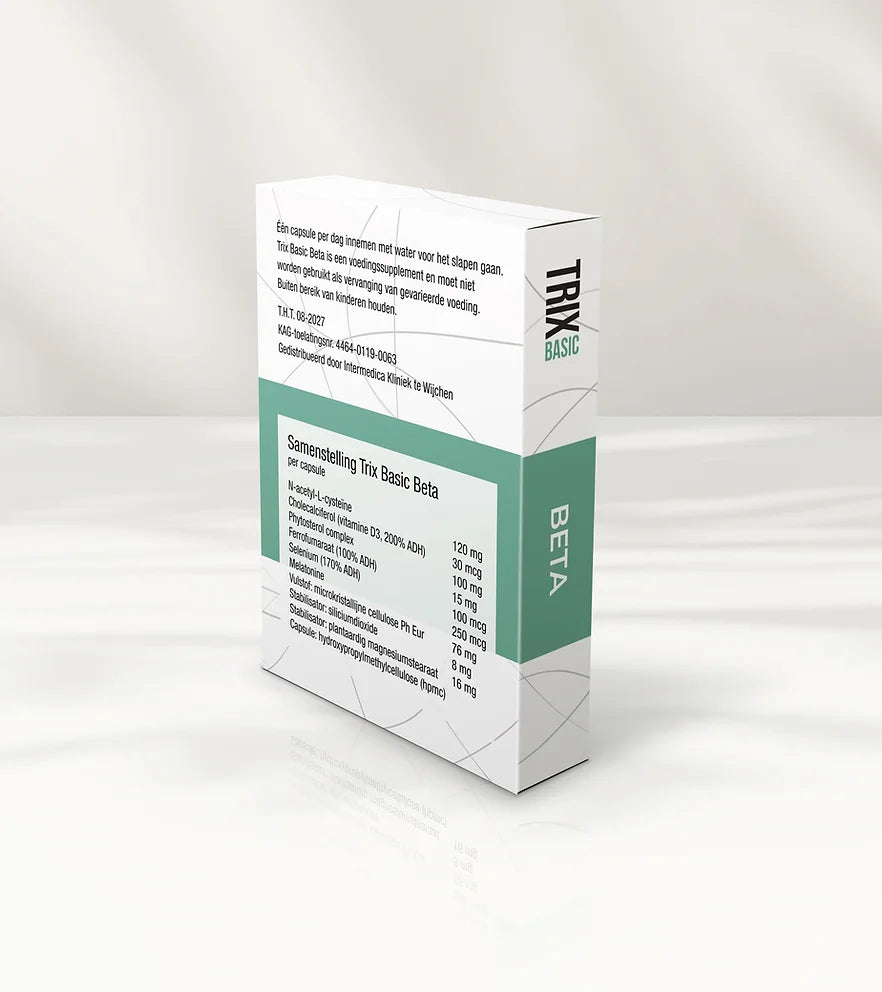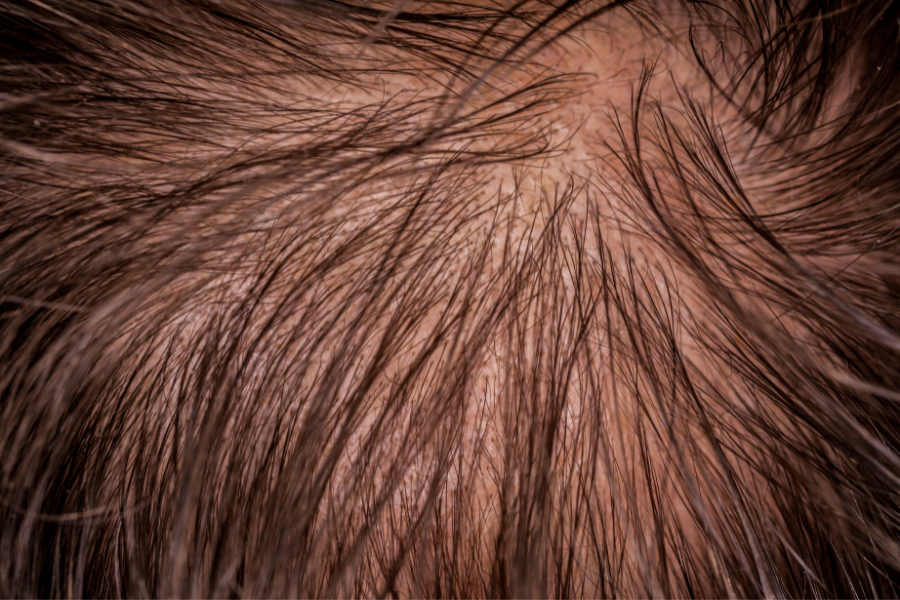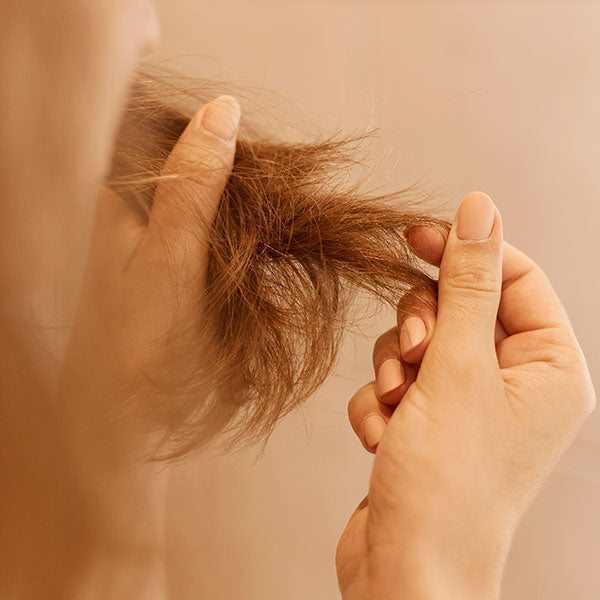
Postpartum Hair Loss and Its Relationship with Telogen Effluvium
Share
Postpartum hair loss, also known as postpartum alopecia, is a common phenomenon that many new mothers experience. This type of hair loss is often related to a condition called telogen effluvium. In this post, we will delve into what postpartum hair loss entails, how it is related to telogen effluvium, its causes, symptoms, and possible treatments, including the use of natural growth supplements like TRIX Basic Beta.

What is Telogen Effluvium?
Telogen effluvium is a type of hair loss that occurs when a large number of hairs enter the resting phase (telogen phase) of the hair growth cycle. Normally, about 5-10% of hair is in this phase, but in telogen effluvium, this percentage can rise to 30% or even higher, resulting in diffuse hair shedding across the entire scalp.
The Hair Growth Cycle
To understand how telogen effluvium works, it's important to know the hair growth cycle, which consists of three phases:
- Anagen phase (growth phase): This is the active growth phase of the hair, lasting several years.
- Catagen phase (transition phase): A short transitional phase of about 2-3 weeks, where the hair follicle detaches from the blood supply.
- Telogen phase (resting phase): This phase lasts about 3-4 months, after which the hair falls out and a new hair growth cycle begins.
Postpartum Hair Loss: The Role of Hormones
During pregnancy, a woman's body undergoes significant hormonal changes. One of the key hormones elevated during pregnancy is estrogen. This hormone causes hair to remain in the anagen phase longer, resulting in a fuller head of hair. However, after childbirth, estrogen levels drop rapidly, causing many hairs to simultaneously enter the telogen phase and shed. This process can lead to telogen effluvium.
Symptoms of Telogen Effluvium Post-Pregnancy
Postpartum hair loss typically begins about two to four months after delivery and can last for several months. The main symptoms include:
- Diffuse hair shedding: Hair loss across the entire scalp, often noticeable when brushing or washing.
- Thinning hair: Hair appears less full and thinner than before.
- Loose hairs: Hairs fall out easily with light touch or pulling.

Diagnosis and Treatment
Telogen effluvium post-pregnancy is usually a temporary condition that improves on its own. However, it is always wise to consult a doctor to rule out other causes of hair loss. Diagnosis is often based on patient history and symptoms. In some cases, a doctor might perform a hair pull test or recommend a scalp biopsy.
Treatment Options
While no specific treatment is necessary for postpartum hair loss, there are measures that can help manage the symptoms:
- Proper Nutrition: A balanced diet rich in vitamins and minerals can promote hair health. Iron, zinc, vitamin D, and B vitamins are particularly important for hair growth.
- Gentle Hair Care: Avoid harsh hair treatments and opt for mild shampoos and conditioners. It's also advisable to minimize the use of hot styling tools.
- Stress Management: Stress can exacerbate telogen effluvium. Techniques such as yoga, meditation, and getting adequate rest can help reduce stress.
- Hair Supplements: In some cases, hair supplements containing biotin or other nutrients may be beneficial
TRIX Basic Beta: A Natural Solution
A specific supplement designed to address postpartum hair loss is TRIX Basic Beta. This natural growth supplement is formulated to promote hair growth and support hair health. TRIX Basic Beta contains a combination of essential vitamins and minerals that stimulate hair growth and strengthen hair follicles.
Key ingredients in TRIX Basic Beta include:
- Biotin: Helps in the production of keratin, a crucial protein for hair growth.
- Zinc: Supports the health of hair follicles and promotes tissue growth and repair.
- Vitamin D: Plays a role in the hair growth cycle and can help prevent hair loss.
- Iron: Essential for oxygen delivery to the hair roots, promoting hair growth.
By incorporating TRIX Basic Beta into your daily routine, you can support healthy hair growth and aid in the recovery of your hair post-pregnancy.
Conclusion
Postpartum hair loss is a common issue often caused by telogen effluvium. While it is temporary and usually harmless, it can still be stressful for new mothers. Understanding the underlying causes and the availability of supportive measures, such as using TRIX Basic Beta, can help effectively manage this hair loss.

